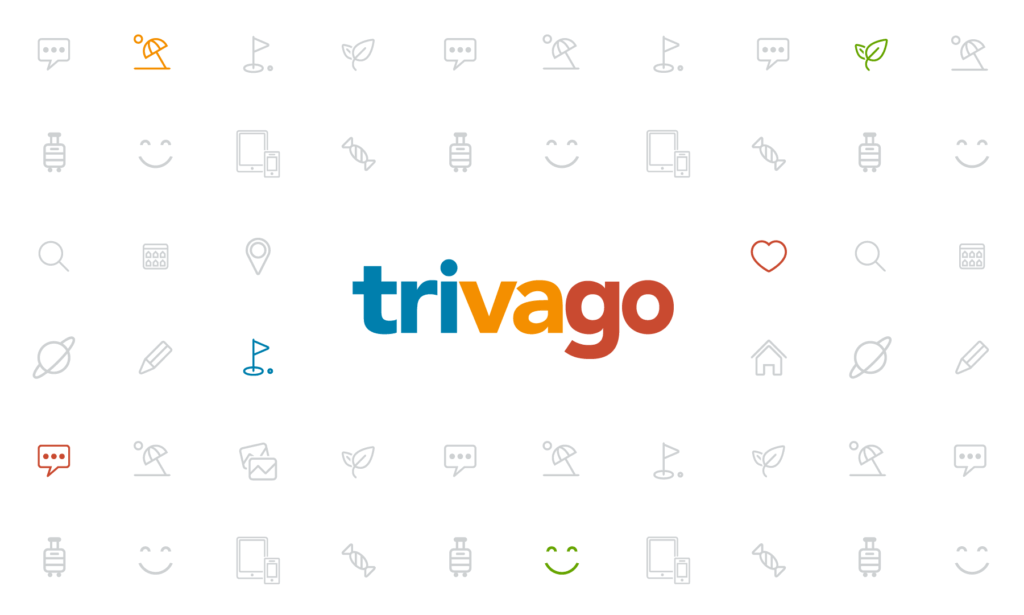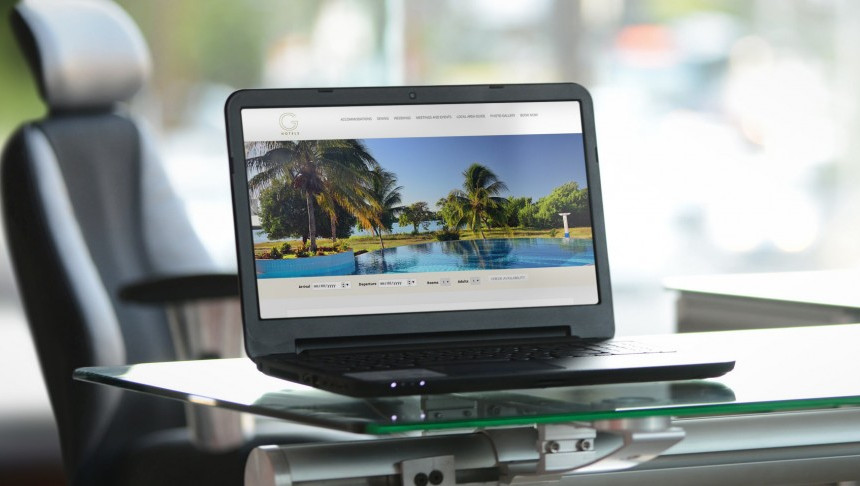
Anyone unconvinced about Google’s already huge but ever-increasing foothold in the travel industry should listen to Trivago executives talking about their Google strategy.
Officials from the Dusseldorf-headquartered lodging-metasearch site said in the first quarter they greatly increased their participation in Google Hotels to 50 global markets, and they’re not done yet.
Buying Google Hotel Ads, which places an advertiser’s hotel rates in Google Search, Maps, and Google Assistant, gives Trivago higher visibility around the world, Chief Financial Officer Axel Hefer told analysts Wednesday during a first quarter earnings call. Although their rates are present in Google Hotels in 50 markets, Trivago has yet to put all of its properties in there, and the company intends to make its presence even higher-profile in Google throughout 2019.
CEO Rolf Schrömgens added that Trivago feels it is under-invested in Google Hotels and “will be able to have a catch-up over this year.”
GOOGLE META TO TRIVAGO META TO THIRD SITE TO BOOK
To be clear, up until around two years ago, Google Hotels didn’t allow metasearch advertisers like Trivago to participate in Google’s own comparison shopping service unless the advertiser processed hotel bookings on its own site. You’d see an occasional advertisement from TripAdvisor or Kayak in Google Hotels at that time because those companies were taking hotel bookings on their own sites.
However, today Google Hotels permits metasearch advertisers such as Trivago to participate. What this means is that a consumer looking for a hotel in Dusseldorf in Google search or Google Maps might click on a Trivago $154 per-night rate for the Living Hotel De Medici by Derag, navigate to Trivago’s site or app, click on a rate there from Hotels.com or Booking.com, and then visit one of their sites to actually book the room.
And when Trivago advertises in Google Hotels, it competes for clicks against its own largest advertisers, Booking Holdings and their parent company Expedia Group.
It’s enough to make your head spin, and it all doesn’t make for an optimal user experience, either.




